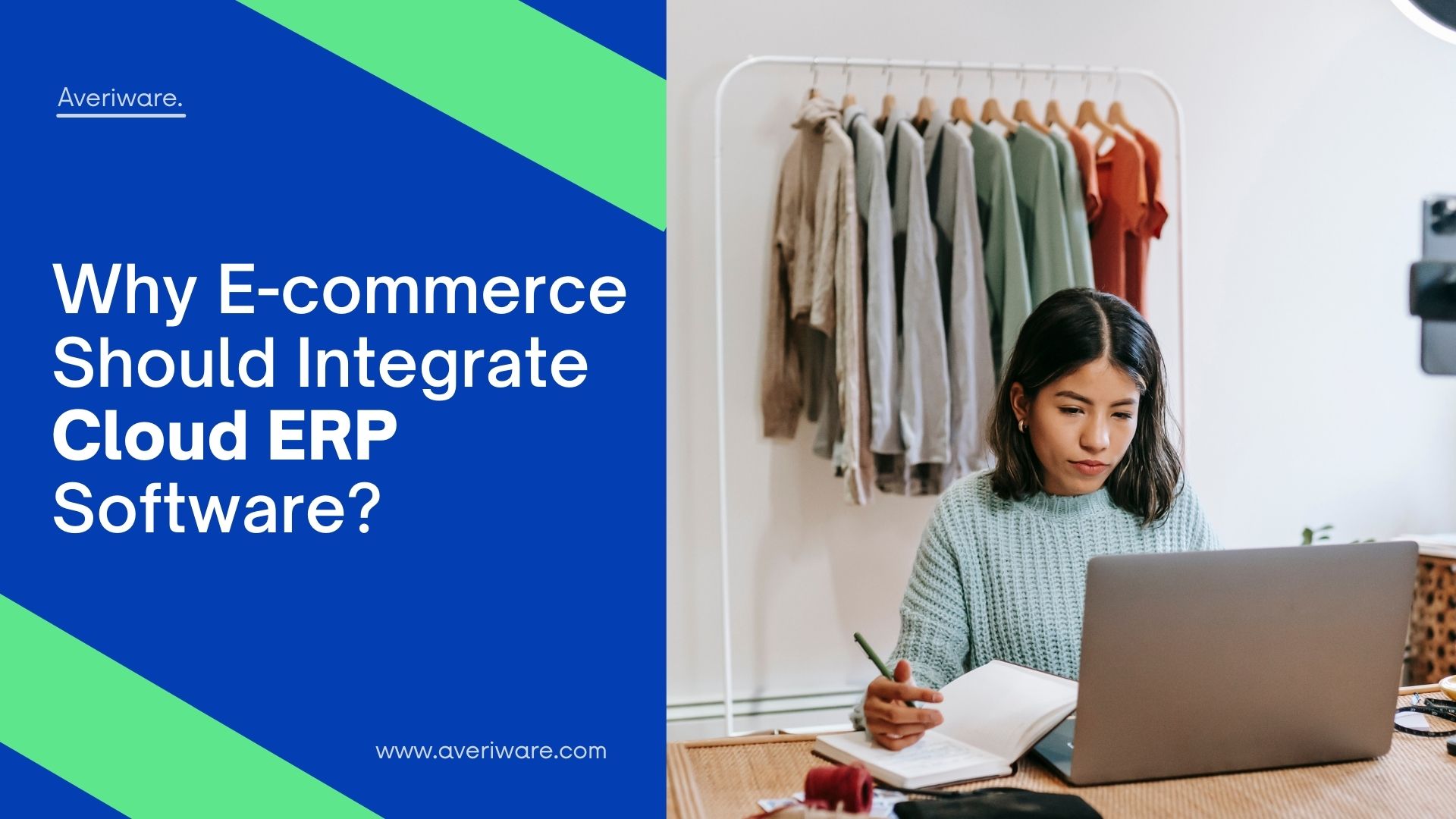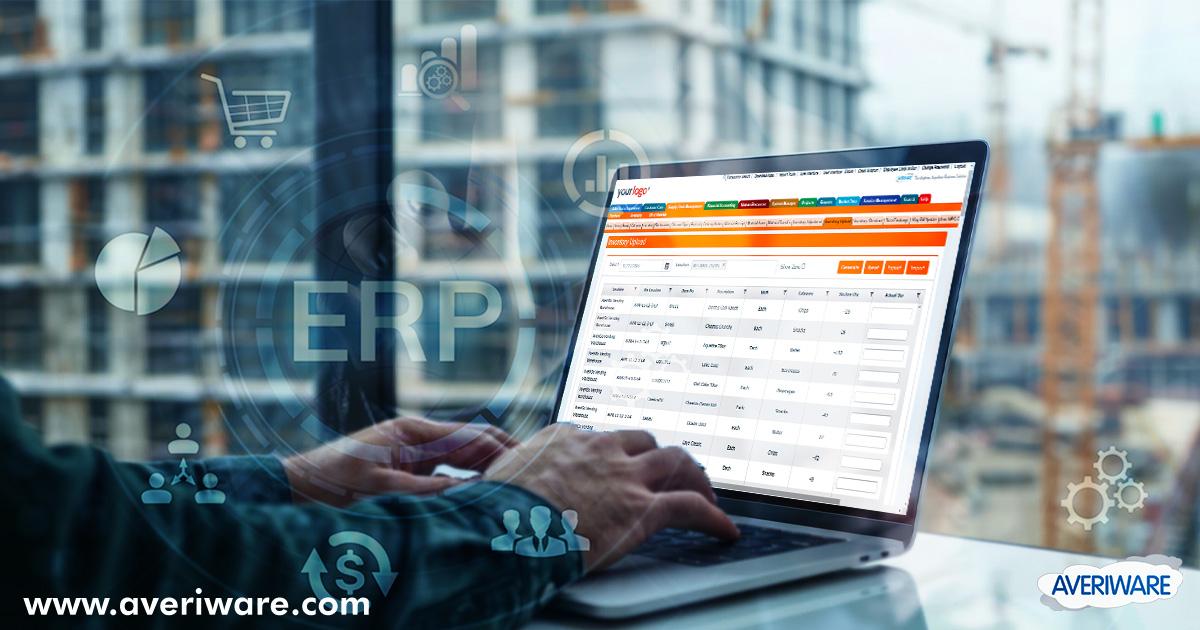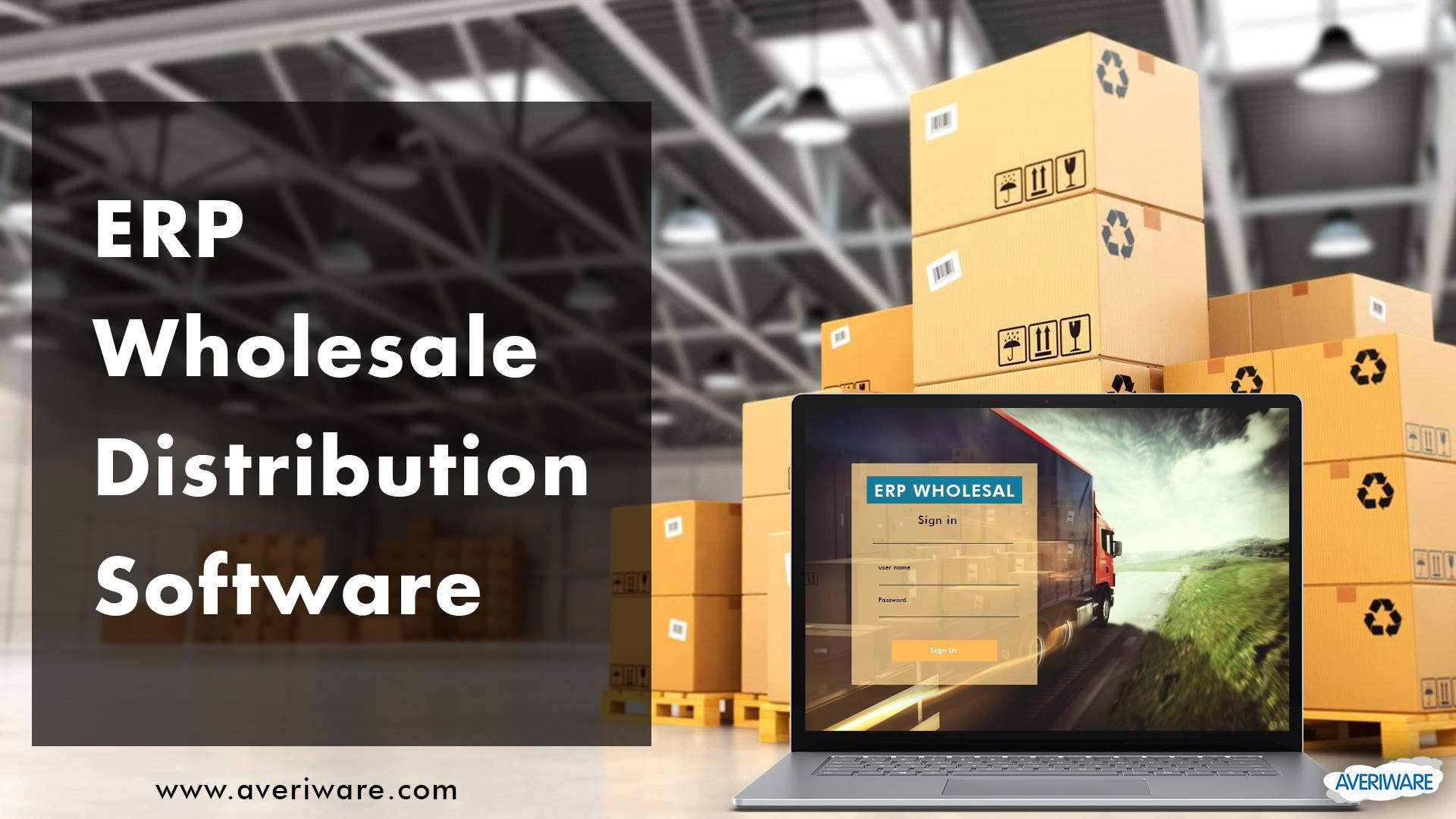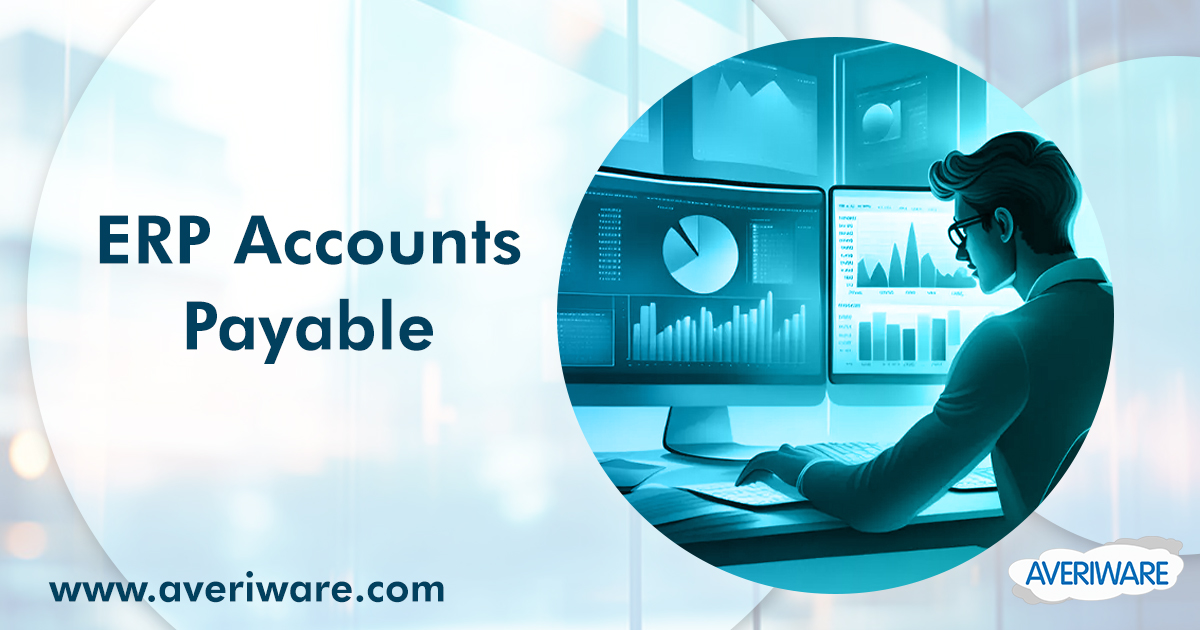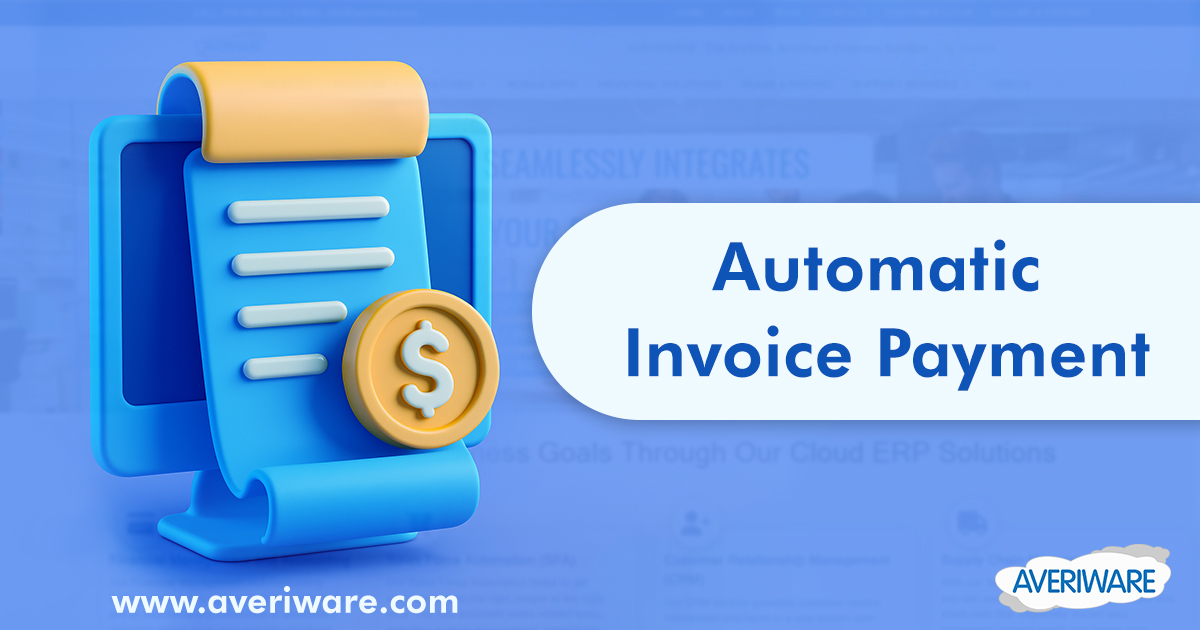With the unprecedented global impact of COVID-19, it’s no surprise that most businesses have been forced to develop their online operations. People have embraced social distancing as a means of slowing the virus spread, and now, more than ever, there has been a huge upturn in online transaction volume presenting challenges to businesses reeling from the changes within eCommerce world.
By integrating a cloud-based ERP, businesses overcome the pressure of maintaining their profits, changing supplies, and understanding the perspective of their customers. A cloud ERP provides a platform for businesses over the Internet and the same can also be applied to many small, medium, and large companies.
Main Reason to Integrating E-commerce with Cloud ERP Software
If you’re running separate e-commerce with cloud ERP platforms, you’re missing out on many opportunities. Here are 5 great reasons to integrate your cloud ERP and e-commerce platforms now for higher profitability and insight into your business operations.
1.Leverage data: Your e-commerce system generates plentiful sales data. From this system, you can see what’s selling, when it sells, what’s returned, and more. When combined with data from the cloud ERP system, you’ll have even greater insight into sales patterns, customer order history, and more. It’s a great way to use all the data generated from the e-commerce platform, warehouse, operations, and accounting.
2.Eliminate data entry mistakes: If your systems don’t communicate well with each other, you may find yourself printing reports and rekeying the data into the ERP system. This not only adds tedious, repetitive tasks to your data input but introduces opportunities for costly errors. By integrating the cloud ERP and e-commerce systems, you eliminate duplicate tasks and remove the chance for data errors to be introduced into the system.
3.Manage multiple sales channels: Cloud ERP with e-commerce integration enables you to manage more sales channels through one system. Instead of juggling multiple systems at once and then manually collating the data into reports, you’ll have all the information at your fingertips, available through a single dashboard for easier access and use.
4.Automate tax compliance: Collecting tax can be a headache, especially if your operation extends across multiple states or countries. Complying with tax collection and reporting requirements is easier with a system such as a cloud ERP system that helps you sort among the various taxation districts and reporting periods.
5.Improve customer communications: An integrated cloud ERP and e-commerce system can help you provide order updates to your customers through one interface. Although one system may provide customers with a tracking number they can enter into a carrier’s website, no one likes to move among systems just to find out when their package arrives. Companies like Amazon and Walmart have set the bar for simple, direct communications about shipments. If you’re too far behind them, customers won’t be satisfied with the information. An integrated system creates a single portal from which customers can find information about when their shipments are expected, which shipper is handling their order, and more.
Want a Seamless Cloud ERP Integration for E-commerce?
If you’ve tried to integrate your cloud ERP and e-commerce systems in the past only to be frustrated by delays and costly custom coding, you’ll be pleasantly surprised by how easy it is today to connect many common e-commerce platforms with cloud ERP systems. ERP vendors have worked hard to provide APIs and other easy ways to connect standard software. The result is a simple plug-and-play connection rather than time-consuming and costly custom codes or reports. You may be able to access shared data between the systems a lot faster than you thought possible.
With the current push toward adding e-commerce to almost all possible businesses, now’s the time to explore integrating cloud ERP and e-commerce sites. Averiware Software can help. Averiware provides a free Cloud ERP software demo, training, and implementation. For more information, Book a Free Demo!


